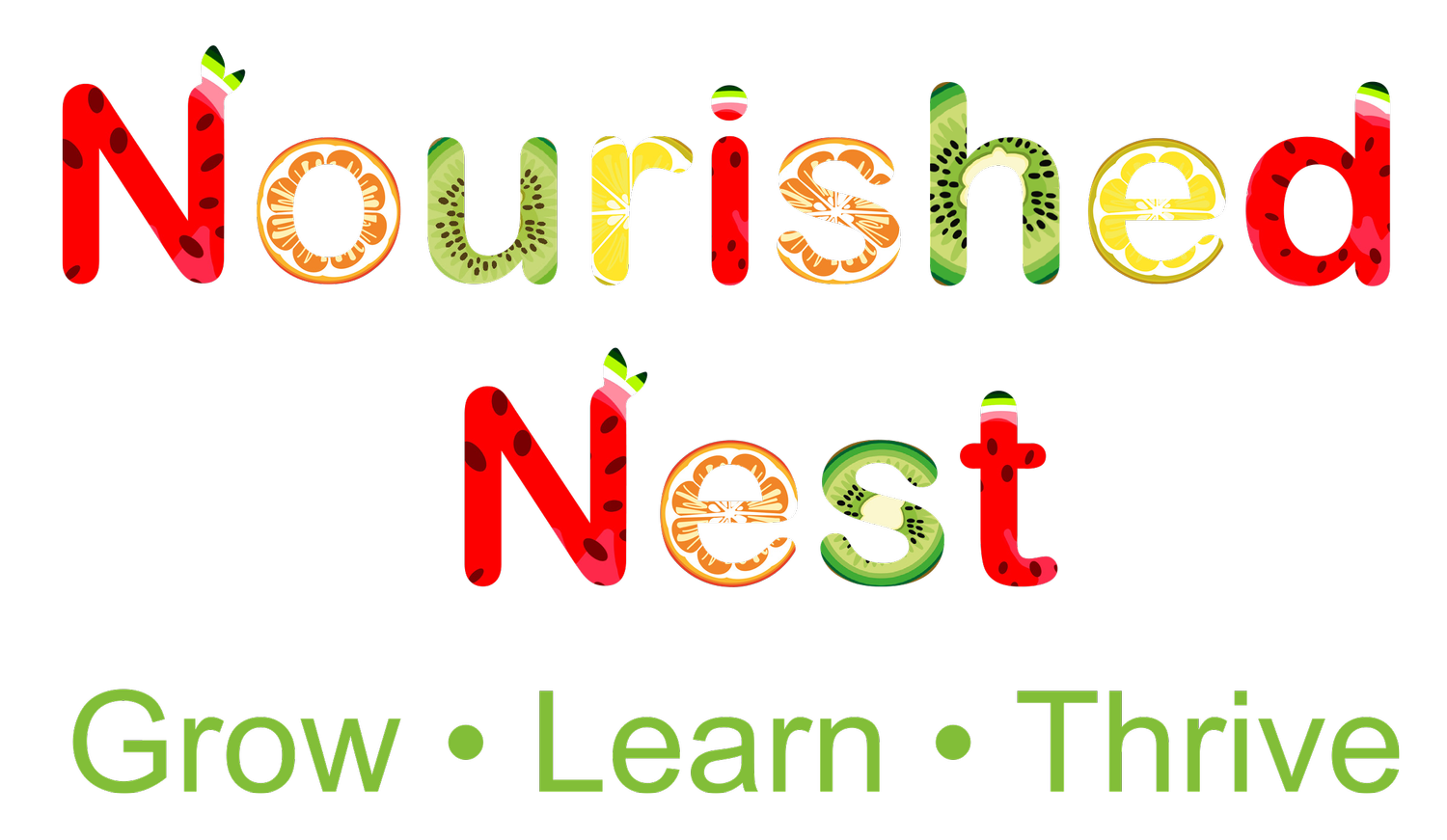Celebrating World Dyslexia Day
Celebrating World Dyslexia Day
Dyslexia runs through our family, it affects each of us in different ways. For some, reading and writing were challenging, even though their vocabulary and creativity were incredible. For me, it was about retaining and processing information, everything at school felt like my brain had to work harder than everyone else’s.
I was a grafter. I kept my head down, worked hard, and found my own strategies to keep up. It was exhausting, but it taught me resilience and creative problem-solving.
As I grew, my creativity flourished. My career in the food industry allowed me to develop recipes and create in the kitchen, a hands-on, imaginative role. Later, studying nutrition in my 40s, I became more aware of my dyslexic traits: writing assignments, focusing in lectures, and retaining information were still challenges. But I discovered something empowering… nutrition can help support reading, writing, processing, retention, and focus.
Understanding Dyslexia
Dyslexia is a neurological difference, part of the beautiful spectrum of neurodiversity. It often runs in families (as it does in ours) and can range from mild to severe.
It brings unique strengths, creativity, big-picture thinking, problem-solving, alongside challenges in reading, writing, and processing information. Many incredible minds in science, art, and business are dyslexic.
Research shows that dyslexia has both genetic and environmental influences. Certain genes (like DYX1C1, DCDC2, and ATP2C2) affect how the brain develops and processes sound and visual information. Some people may also have higher needs for key nutrients that support brain function.
Key Nutrients for the Dyslexic Brain
1. Omega-3 Fatty Acids
Omega-3s, particularly DHA and EPA, are essential for brain structure and function. They support neuron communication, memory, and learning.
Research highlights:
Lower omega-3 levels have been linked to poorer reading ability and working memory in children.
Supplementing with fish oil (rich in EPA and DHA) has been shown to improve reading, spelling, and behavior in children with developmental coordination challenges, which often co-occur with dyslexia.
Tips to increase omega-3:
Include oily fish like mackerel, salmon, sardines, or trout 2–3 times a week.
If your child struggles with the smell or flavour of fish, introduce flaxseeds or omaga-3 eggs into pancakes
Consider high-quality algae-based supplements for vegan and vegetarian options.
Aim for a balanced omega-3:omega-6 ratio (research suggests 4:1 omega-3 to omega-6 is beneficial).
2. Zinc
Zinc is a micronutrient critical for memory, learning, and brain cell communication. It plays a key role in the hippocampus, the brain’s memory hub.
Research highlights:
Children with dyslexia have been found to have lower zinc levels than peers without dyslexia.
Zinc interacts with genes (like GRIN2B) that influence brain development and learning.
Tips to increase zinc:
Include shellfish, oysters, red meat, poultry, pumpkin seeds, cashews, beans, and legumes regularly.
Ensure daily intake; deficiency can subtly affect focus, memory, and learning.
3. Selenium
Selenium supports antioxidant protection in the brain and may influence cognitive development.
Research highlights:
Lower selenium levels have been linked to a higher risk of reading difficulties in children.
Selenium is involved in thyroid hormone metabolism, which can impact cognitive function and energy levels.
Tips to increase selenium:
Eat Brazil nuts (just 2–3 per day can meet requirements).
Include seafood, poultry, eggs, and whole grains.
4. Other Brain-Supportive Nutrients
Iron – Supports oxygen delivery to the brain, energy, and focus. Found in red meat, beans, lentils, and leafy greens.
B Vitamins (B6, B12, Folate) – Support neurotransmitter production and cognitive function. Found in eggs, dairy, legumes, leafy greens, and fortified foods.
Magnesium – Supports relaxation, focus, and learning. Found in nuts, seeds, dark chocolate, and leafy greens.
Practical Tips for Supporting Dyslexia Nutritionally
Focus on whole foods: Prioritise unprocessed foods, colourful vegetables, fruits, whole grains, nuts, seeds, and lean proteins.
Balance fats: Include omega-3s while reducing processed oils and excessive omega-6-rich foods (like fried or packaged snacks).
Meal timing: Regular meals with protein and complex carbs help maintain steady energy and concentration.
Hydration matters: Even mild dehydration can affect focus and memory. Encourage water over sugary drinks.
Supplement wisely: If dietary intake is insufficient, high-quality supplements for omega-3, zinc, or selenium can help, but always check with a healthcare professional.
Listen to your body: Energy, focus, and mood are strong indicators of what works best for your brain.
Nutrition isn’t a cure for dyslexia, but it can support cognitive function, focus, and memory, making learning and daily life easier. Coupled with strategies, understanding, and creativity, a well-nourished brain is a resilient, empowered brain.
In my family, combining knowledge of neurodiversity and nutrition has transformed how we approach learning and daily life, proving that small, thoughtful changes in diet can support big changes in performance and confidence.
Please get in touch if you are looking for nutritional support for your child with Dyslexia or other neurodivergent traits. Lets have a chat.

